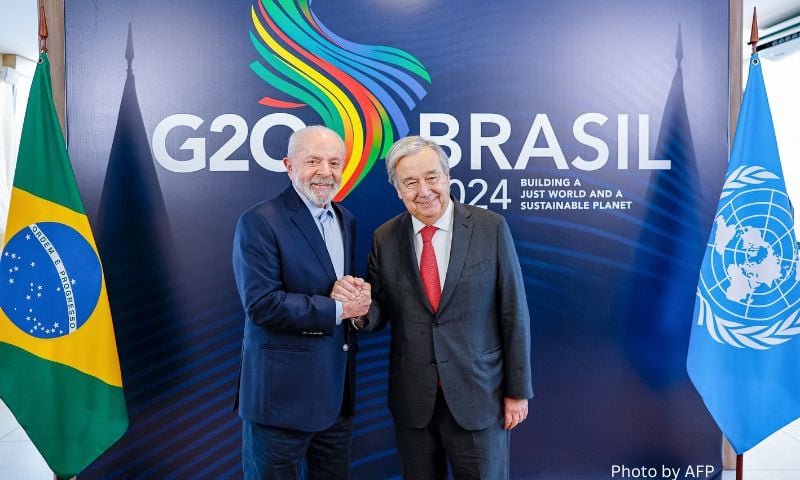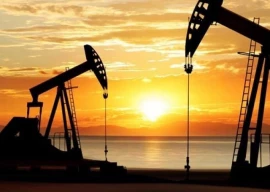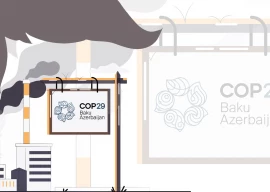
Negotiations were deadlocked Saturday at the midway point of the UN climate summit, with hopes pinned on G20 leaders intervening to strike a critical finance pact at the crunch talks.
After nearly a week of bargaining in Azerbaijan, nations were no closer to agreeing a $1 trillion deal for climate-action investments in developing nations.
Diplomats worked through the night in a sports stadium near the Caspian Sea to produce a fresh draft Saturday that only served to underscore divisions, with little changed from an earlier text.
"We absolutely want an agreement in Baku because it is in the collective interest," said a French diplomat granted anonymity to discuss the ongoing talks.
But "clearly we are deadlocked, and not where we should be to have an agreement".
Government ministers jetting into Baku on Monday face an uphill battle trying to break the impasse before the summit ends on November 22.
"There is still much, much to do," said Samir Bejanov, deputy lead negotiator of COP29 host Azerbaijan.
"Over the last few days, some people have doubted whether collectively we can deliver. It's time for the negotiators to start proving them wrong."
Optimism was in short supply as the first week fizzled out, but some attendees offered a rosier view.
"It's not as bad as it might look from the outside," said Irish climate minister Eamon Ryan.
The G20 leaders meeting starting in Brazil on Monday will be closely scrutinised for signs of political will to revive the stalled talks in Baku.
"As G20 Leaders head to Rio de Janeiro, the world is watching and expecting strong signals that climate action is core business for the world's biggest economies," said UN climate chief Simon Stiell.
Some developing countries, who are the least responsible for global greenhouse gas emissions, want an annual commitment of $1.3 trillion to help them adapt to climate changes and transition to clean energy.
Already buried in debt, they do not want the money to come in the form of loans.
The top-line figure is well above what donors including the United States, the European Union and Japan currently pay.

1732099866-0/adele-(3)1732099866-0-405x300.webp)



















COMMENTS
Comments are moderated and generally will be posted if they are on-topic and not abusive.
For more information, please see our Comments FAQ